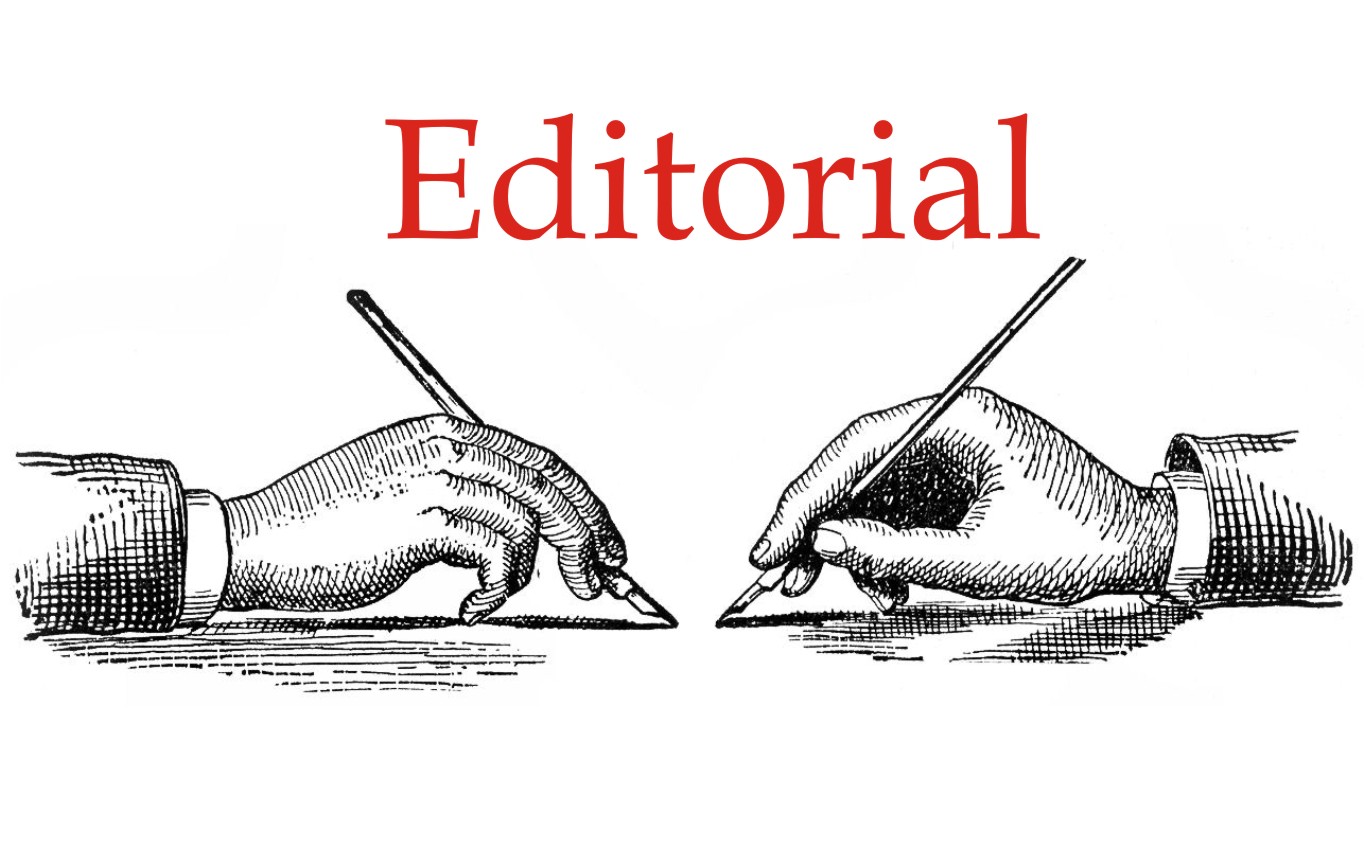Azadi ka Amrit Mahotsav Kolkata event honours four Clergymen
Pope Francis asks businesses to support working women: They’re ‘afraid to get pregnant’
Study: Christianity may lose majority, plurality status in U.S. by 2070
Indian politician declines Magsaysay Award under party pressure
Like John Paul II, Pope Francis heads to Kazakhstan during time of war

Prehistoric civilizations were in full harmony with the world of their surroundings. The distinctive feature of a historic society is its detachment from nature. An abyss opened between prehistoric and historic civilizations as a result of humans using their rationality. Man conceives existence as determined by three movements: acceptance, defence and truth. Reason tells the story of human history as the story of the logical, conscious mind.It sees human history as a contest between reason, the highest human faculty, and passion and instinct, our animal natures. In the upbeat version of this story, reason gradually triumphs over emotion. Science gradually replaces myth. Logic wins over passion. Society is something that precedes the individual. Aristotle said, “Anyone who cannot lead the common life or is so self-sufficient as not to need to, and therefore does not partake of society, is either a beast or a god.”
K Marx called Prometheus of Aeschylus “the most eminent saint and martyr in the philosophical calendar.” His saint is revolt personified. The Catholic Church was reluctant to include dissent in the very notion of saint. In Sr Rani Maria it gets authorisation as also in Abp Oscar Romero. Benedict of Morley’s De Corruptione Mundi indicates the Christian classical notion of modern dissent.
There are so many human groups whose fate was to live in the prehistoric period. This fate of theirs is determined by other men and groups. There are so many priests and nuns in various parts of this country trying to make those who are perennially being caste out of history a part of history. They are kept out of history by different ways of marginalisation. Today, the Church, through consceintisation, gives them justice, and by that the Church promotes dissent. But when dissent turns to the very systems within the Church where the mangers are acting in ways of injustice and immorality, the Church feels the heat and pain. Then the very same dissent becomes problematic. It happens because Church leaders are found wanting in moral strength; they have lost their souls or have edited their souls according to fashions of the times. Plato’s notion of the social beast indicates this malaise. Plato seemed to say that these leaders are swamped by the flood of popular praise and blame and carried away with the stream till they find themselves agreeing with popular ideas of what is admirable or disgraceful. Their training in the care of the soul, to seek the truth, will not be strong enough to withstand the constant pressure to do what people want. In fact, rather than sticking with the conscience, being gifted, they hanker for popular praise and become full of pride. “Unless… philosophers become kings in the cities or those whom we now call kings and rulers philosophize truly and adequately and there is a conjunction of political power and philosophy… there can be no cessation of evils… for cities nor, I think, for the human race.” Plato wrote. But the philosopher king is one who heeds the voice of the wisdom within. “In the moral life the enemy is the fat relentless ego,” Simon Weil wrote. He adds, “Moral philosophy is properly… the discussion of this ego and of the techniques (if any) for its defeat.” Prayer is properly not petition, but simply an attention to God which is a form of love. With it goes the idea of grace, of a supernatural assistance to human endeavours which overcomes empirical limitations of personality.” Where there is no “consideration for our brothers in humanity,” which is to say “when thoughts and judgments are disregarded, or language becomes empty of meaning and fails to connect up with human purposes and human needs, people are subject to the crush of social forces with misery for result. If he is obeyed in this capacity the obedience is perfectly pure. Such is the meaning of personal fealty in relationships of subordination; it in no way violates self-respect. But to obey, with or without love, the orders of a man, simply as the repository of a collective power, is to degrade oneself.”
Leave a Comment